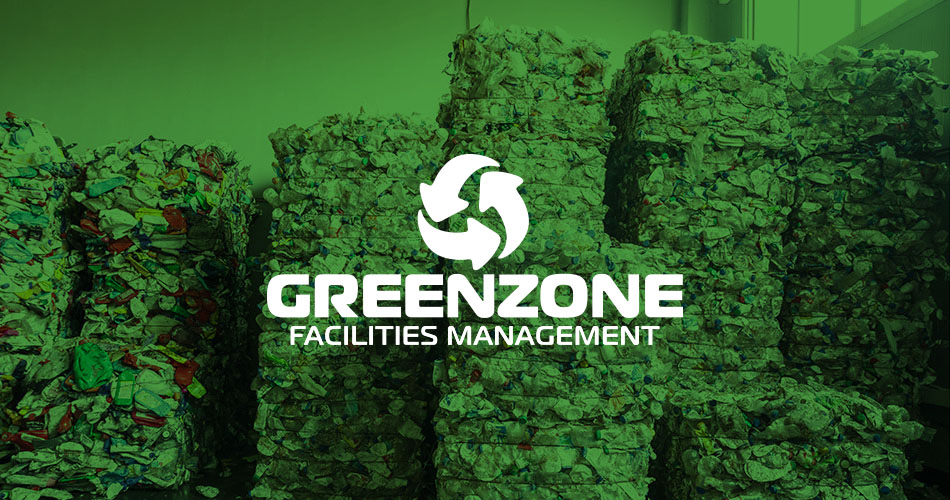Since inception, businesses and organisations signed up to the Commitment now cover nearly 6,000 assets, over 32 million m2 total floor area and $100 billion USD in annual turnover. By 2030, this means that the operational portfolio emissions of these Commitment signatories will be at net zero, affecting approximately 3.4 million tonnes of CO2 (tCO2e).
With the rapid growth and willingness to advance the net zero movement from private sector, WorldGBC calls for governments to #ActOnClimate as part of the 11th annual World Green Building Week event, happening 21 to 25 September 2020.
This steep rise signals a shift in momentum, ambition and leadership towards decarbonising the built environment as a way to combat the climate crisis.
These signatories range from small and medium enterprises to large, multi-national corporations, and span engineering, design and consultancy services to real estate owners and manufacturing. Their participation in the Commitment demonstrates that leadership towards net zero carbon buildings can be taken by any type of organisation across the world.
“Achieving this milestone, in less than two years since the launch, demonstrates the growing importance of net zero carbon buildings to governments, businesses and mayors”, said Cristina Gamboa, CEO, World Green Building Council. “As countries look to recover from the economic impacts of COVID-19, there is an opportunity for net zero buildings to provide benefits for people, the planet and economies. By positioning net zero carbon buildings at the core of these recovery efforts, governments and policymakers can harness the incredible potential of net zero buildings to build back better and enable a green recovery”.
She continued, “I congratulate our new signatories on their commitment and for demonstrating the level of ambition and leadership required by both public and private sector actors going forward”.
The new companies and organisations are committed to ensuring that all assets they own, occupy and/or develop under their direct control will operate at net zero carbon by 2030, or earlier.
The Commitment is unique in positioning energy efficiency as a central component to achieving decarbonisation across global portfolios, in addition to generating and procuring renewable energy to meet reduced energy demand. This represents the most cost-effective, best-practice approach to ensuring buildings are fit for purpose, future-proofed against climate impacts, and able to provide healthy and comfortable environments.
Orginal Source

